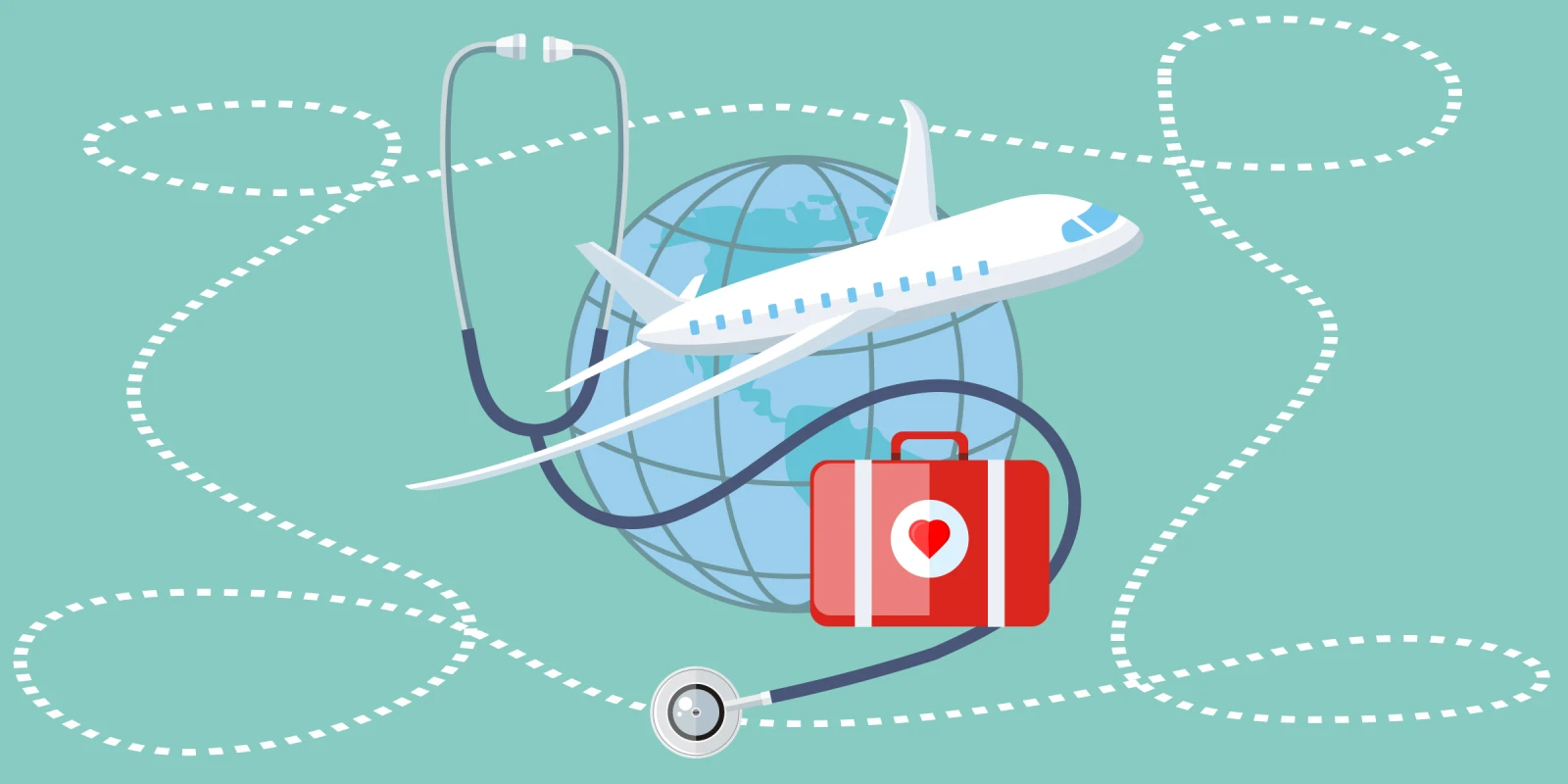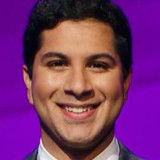I did not know what to expect when I landed in Tanzania.
I was headed to Muhimbili National Hospital in Dar es Salaam, Tanzania in April 2022 during my final year in medical school. (To be clear, my experience was not one of medical volunteerism, which is of questionable ethical value. My medical school has a longstanding affiliation with Muhimbili, and it is through a competitive application that students are chosen to complete a clinical elective in Tanzania.)
In medical school, students are just beginning to learn about the U.S. health care system and payment model. Going abroad during this phase of training provides the benefit of gaining exposure to another system to have a point of comparison against the practice of medicine in America, while also expanding one’s worldview to the way other cultures interact with health care.
For example, from my time at Muhimbili I have learned how important it is to consider a patient’s familial care team and financial standing. In the U.S. health care system, we often disregard costs when treating patients, but at Muhimbili, each family’s ability to pay for services was at the forefront of clinicians’ minds. In 2019, only 32% of Tanzanians were covered by health insurance. Therefore, at Muhimbili, clinicians would often discuss with patients and their families which tests to order and which medications to prescribe, calibrating each patient’s plan with financial considerations in mind.
Creating a patient’s care plan was also a family affair. Medical information and progress updates for each patient were given to a group of family members all at once, who would then confer and collaborate with the patient for decision-making. Now that I have returned to the U.S., I am more aware of family dynamics and the fact that each patient may have a unique approach to decision-making that is informed by their cultural background.
Due to concerns about patients’ finances, clinicians at Muhimbili placed a greater emphasis on history taking, physical exam skills, and diagnostic reasoning, instead of ordering medical tests. As a learner, I observed attending physicians and residents as they listed the possible diagnoses for a patient’s symptoms, then changed their differentials based on each patient’s history and physical exam findings.
I found that my differential diagnosis for a symptom such as “cough” became broader; and clarifiers such as wet versus dry cough, color of mucus produced, and so on would help me distill the diagnosis further. Instead of simply ordering a chest X-ray or lab tests for someone with a cough like we do in the U.S., I learned about how a good history alone is often enough to successfully diagnose a patient.
From a medical education perspective, I also had the opportunity to see disease presentations at Muhimbili that I never had seen before in the U.S. Tanzania has one of the highest prevalences of HIV/AIDS in the world, and so I saw several patients with HIV-related illnesses such as toxoplasmosis, pneumocystis jirovecii pneumonia, and HIV-related encephalopathy. I also saw numerous patients with various stages of tuberculosis, and several patients with malaria. While it is unlikely that I will come across many such patients in my career in the U.S., my rotation in Tanzania did expand my knowledge base and ability to recognize these diseases. I have now experienced the provision of health care in a culture different from my own, which will aid me in working with others of a different background.
We sometimes believe that by working in hospitals in countries like Tanzania, we are providing a service and can teach local health care clinicians about medicine. Instead, I observed how we can learn from our colleagues and patients internationally — they have much to teach us. I encourage all American medical students and clinicians to take advantage of any opportunity they may have to work abroad and to do so with an open mind and a willingness to learn.
What did you learn outside of your standard medical education? Share in the comments.
Sathvik Namburar, originally from Duluth, GA and a graduate of Johns Hopkins University, is currently an intern at Yale in the internal medicine program. His writing has been published in USA Today, Boston Globe, and Baltimore Sun, among other publications. His interests include public health policy and health care equity, as well as global health. He is a 2021–2022 Doximity Op-Med Fellow.
Image by robuart / Getty







